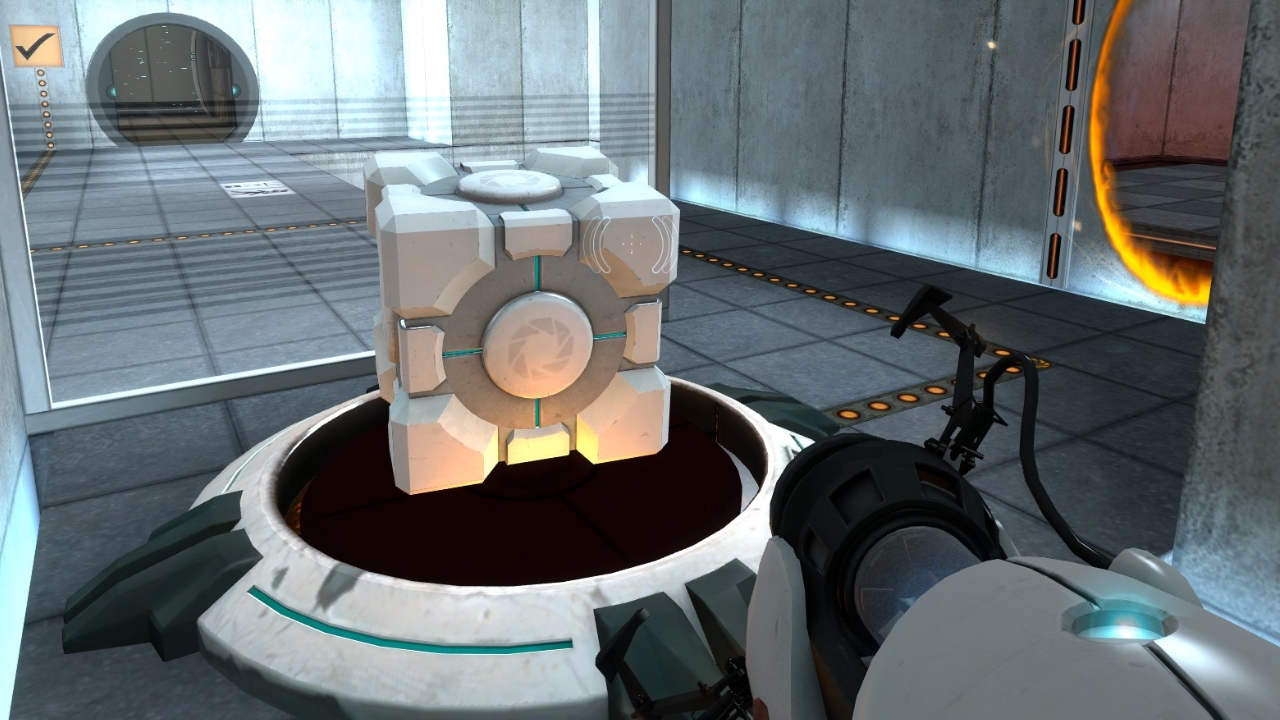Dialogue Options: what’s wrong with short games?
As more games focus on length and value for money we’re missing out on the shorter experiences
The length of a game is one of the weirder things people measure as a metric of value for a game. Almost every other aspect – features, tech, story and the rest – can be forgiven, but woe betide a game with a single digit play time. I get it: people want to play something that will last and it makes sense if you’re paying 60 bucks for something, you want your money’s worth, but ever expanding game length is a problem we’ve created ourselves that’s spiraled out of control. Talking about how long a game lasts has become a cornerstone of many press interviews and presentations, with developers keen to highlight tens of hours for a critical path, or more to do everything. While across the industry publishers compete with each other to offer more value, more time and just... more game.
Mini masterpieces
But it all means we’re missing out on shorter games. Things that can soar and enthrall for an evening or two, using brevity and focus to offer a completely different experience to a 100-hour commitment. Where a game that might last months often scatters what story it has thinly over a fractured and gradually unlocked map, a shorter tale can offer a much more focused narrative in a way size can’t enhance. Look at something like The Last of Us: Left Behind, a game that lasts barely hours but packs in an emotional rollercoaster you’ll remember for years. Similarly games like Hellblade or Oxenfree use their limited time to pack in a punch works because they're brief. Anything longer would scatter the impact over a filler of randomly generated mission and interrupting fetch quests.
Where a game that might last months often scatters what story it has thinly over a fractured and gradually unlocked map, a shorter tale can offer a much more focused narrative in a way size can’t enhance.
Then there are the games with a clever idea or mechanic that understands exactly how long it should last. Something like Untitled Goose Game works so well because it knows not to overstay its welcome, while Sayonara Wild Hearts drills deep into its core musical mechanic, polishes it to a mirror like sheen of perfection and then ends while it’s still ringing in your ears.
The trouble is that there’s so often a raised Reddit eyebrow at the mere mention of [gasp] a sub-30-hour campaign it’s created a strange feedback loop. Big developers, worried about negative reactions to the length and the perceived value of what they’re working on, push at the completion time, and gamers come to expect it. All those fetch quests, and random encounters that end up being not so random generally aren’t adding much to a game except time.
All filler
It means sometimes a great game can end up being merely good because of 10 or 20 hours of filler that dilute the impact. Controversial opinion time: Red Dead Redemption 2 could have easily been at least 20 hours shorter and been a better game for it. But, if nothing else, it means we’re missing out on some texture. Do you really want to jump from one 100-hour epic to another, without a break? Short games don’t just offer more focused narratives, or beautifully made mechanics, they’re also the perfect palette cleanser between the big stuff. But, all too often, they’re overlooked by bigger studios ticking boxes and left to accidental breakouts from smaller developers.
If there were more shorter offerings not only would we get more games to play that weren’t 60 bucks, developers could take more risks with cheaper and less lengthy development times. Short games give us things like Portal, Journey and Superhot. Things that often subtly change the perception of what games can do, or create and introduce entirely new mechanics because they least exactly as long as they need to, and some games just work because they’re shorter. Something like The Room series’ amazing puzzles, or Unravel’s bleak children's story, use their brevity to not outstay their welcome and are all the better for it.

Now, I like a long game. I’ve sunk hundreds of hours into various Elder Scrolls and Fallouts, I’ve played Destiny 1 and 2 for years and we don’t talk about how long I’ve spent playing Stardew Valley. But the rise of longer and longer games, and more single-player online service elements means less of the shorter stuff than can enthrall an audience, or be creative in a way the bigger stuff can’t. Apple Arcade and the Switch’s great selection of indie games is a step in the right direction but it still feels sidelined. There should be a more mainstream place for shorter games, and having more of them around is good for us, developers, and games in general.
Weekly digests, tales from the communities you love, and more
Check out more of our Dialogue Options, such as our discussion on the future of decision based games or our exploration of whether open-world games are really as open as they appear?

I'm GamesRadar's Managing Editor for guides, which means I run GamesRadar's guides and tips content. I also write reviews, previews and features, largely about horror, action adventure, FPS and open world games. I previously worked on Kotaku, and the Official PlayStation Magazine and website.


